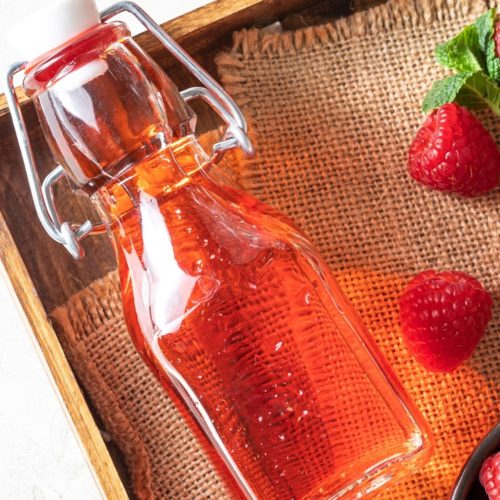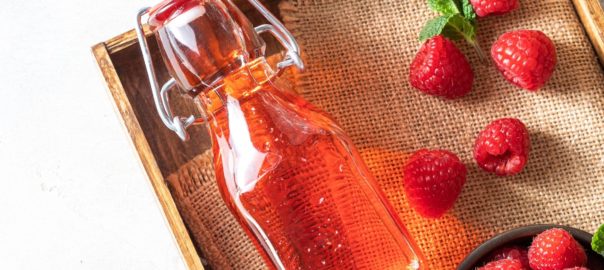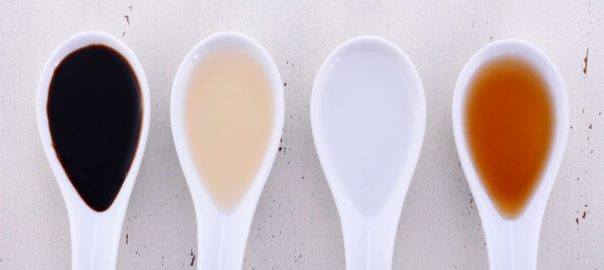Vinegar has been around for thousands of years and it’s used in many different cultures - primarily as a condiment or to preserve other foods. Made by fermentation, vinegar is made up of acetic acid; natural vinegars may also contain additional acids such as citric acid. In addition to the vinegars that we are most familiar with, such as distilled, apple cider, balsamic or various wine vinegars, there are other types that include coconut, date, beer, and honey.
Household uses for Vinegar
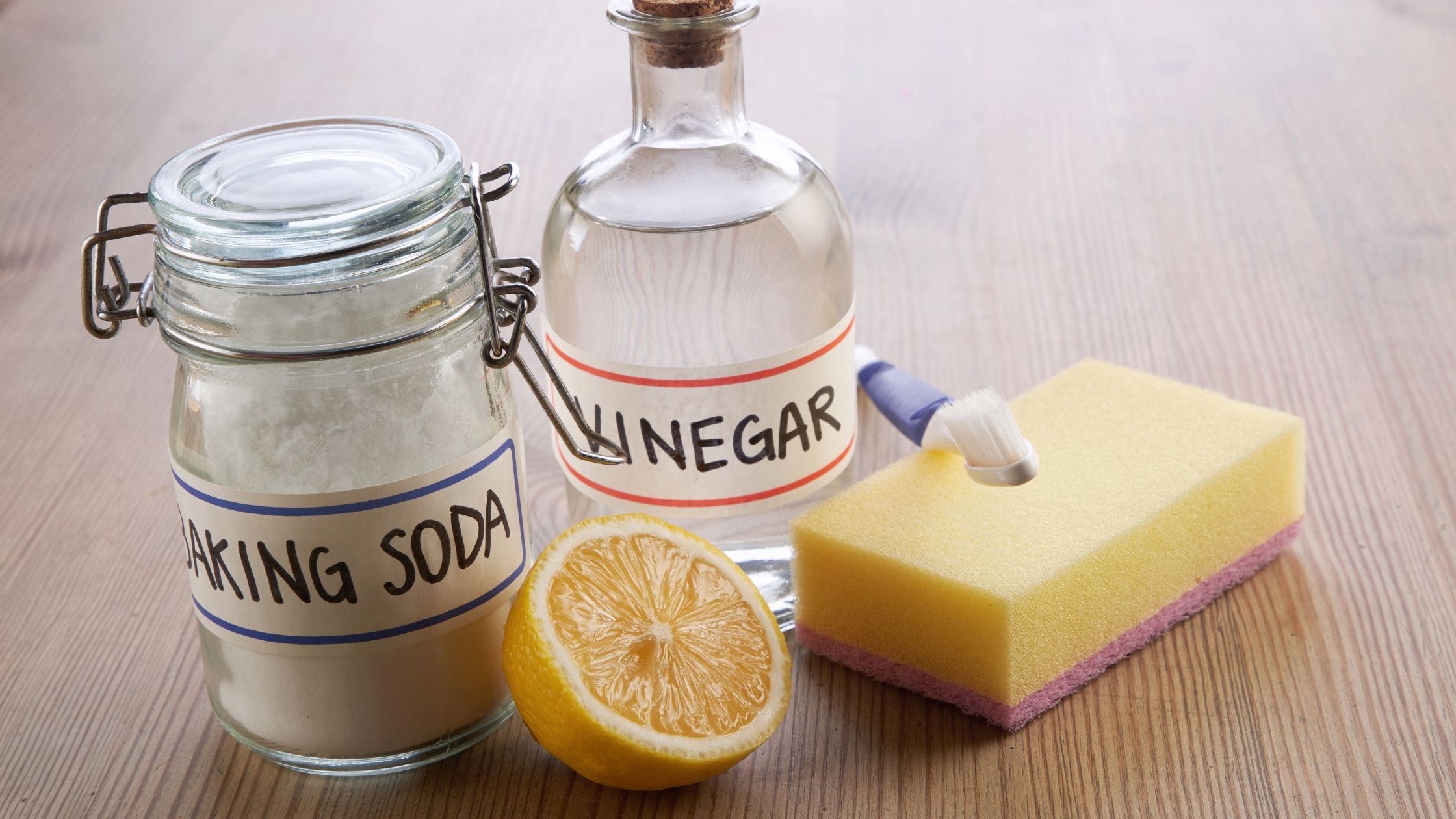
Household uses of vinegar can include a wide variety of things. Just a few of the ways to make use of this wonderful ingredient that has no harmful fragrances or chemicals include:
- glass cleaner
- surface sanitizer
- cutting through grime and grease
- cleaning the coffee maker
- deodorize your garbage disposal (hint this also works for your fridge)
- clear clogged drains
- remove shower soap scum
- cleaning windows
- polishing silverware, brass, and copper
- removing glue marks from stickers and price tags
- sanitizing glass jars and vases
- removing mold and mildew
Using vinegar for your health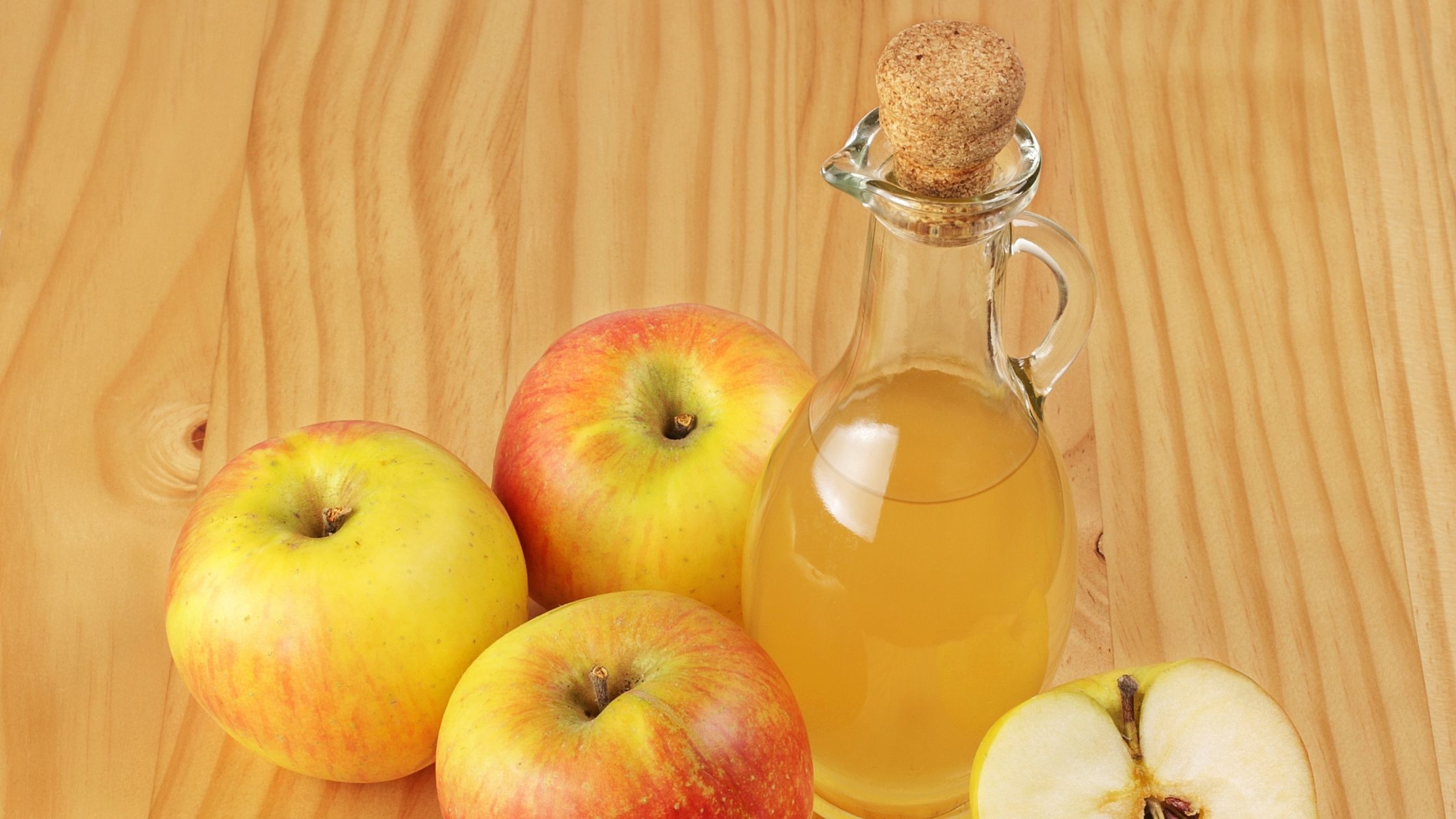
In terms of your health vinegar has a number of different uses both topically and internally. One of my favorites is to use it as a fruit and veggie wash; according to an article from NPR a solution of three-parts water to one-part vinegar removed 98% of the bacteria from the outside of the fruit being tested.
There are also an impressive number of health uses for vinegar. There are numerous studies and reviews that have shown how vinegar can improve our overall health when consumed regularly. A 2016 review on the therapeutic effects of vinegar states that many areas of the body can benefit from it. Healthy uses of vinegar include:
- For headaches studies indicate a compress soaked in a 50/50 solution of warm water and vinegar may be be helpful in reducing or clearing the pain.
- Vinegar also makes a great gargle for a sore throat, combine 1 teaspoon vinegar in 8 oz of water.
- It is widely believed to be helpful in easing the pain of sunburn; simply spritz vinegar from a spray bottle on the sunburn, being careful not to spray on broken skin.
- To alleviate muscle pain, you can add one to two cups to your bath water.
- Vinegar has been shown to suppress fat accumulation. It has been used since the late 18th century to reduce obesity. Ingestion of vinegar may decrease the glycemic effect of a meal through providing fullness thus reducing the total amount of food consumed. Apple cider vinegar has been found to reduce blood glucose levels and alleviate insulin resistance and increase insulin production. Thus, improving diabetic markers.
- Your heart can also benefit from vinegar. Vinegars contain polyphenols that may inhibit oxidation of LDLs and improve health by preventing cardiovascular diseases.
- Additionally there is also an antihypertensive effect with vinegar. This appears to be due to the acetic acid content
The Journal of Food Science also did a review of various benefits of vinegar. They found that the bioactive substances found in various vinegars can defend against oxidative stress. These antioxidants may reduce the effects of various degenerative illnesses such as accelerated aging, cancer, and brain disorders. Kurosu is a Japanese rice vinegar that has been shown to inhibit the proliferation of cancer cells in the colon, lung, breast, bladder, and prostate. One study even concluded, “ACV can have powerful anti-microbial effects directly on resistant E. coli and MRSA. These in vitro results highlight the antimicrobial capacity of ACV. ACV could form the core ingredient of a contemporary pharmacological antimicrobial against MRSA and rE. coli.”
Boosting your vinegar with herbs
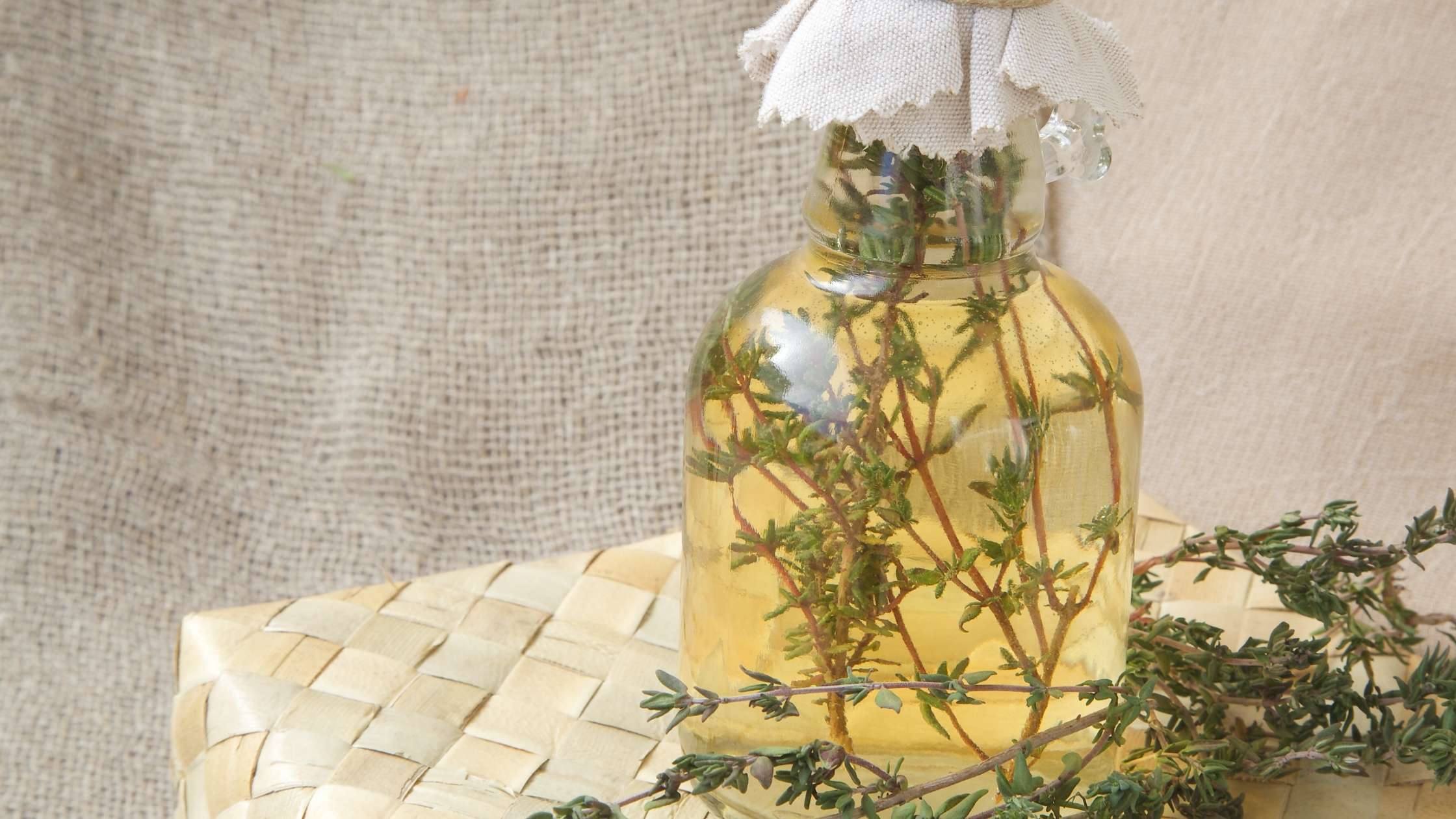
Frequently vinegars are enhanced by adding herbs to them. The healing effects of the herbs combine with the benefits of the vinegar. For example, tarragon is noted for helping with digestion and vinegar, being high in acetic acid, helps the body to absorb minerals.
Infusing garlic, ginger root, rosemary, and thyme to vinegar can be one way to make a great immune boosting tonic.
There is also the use of hibiscus vinegar which may help with allergy symptoms. Edible hibiscus (and not all of them are) is very high in quercetin which has beneficial properties for those dealing with allergies. To protect your tooth enamel, it is best to dilute vinegars with water when drinking them as a tonic.
There are many vinegar folk remedies that have been used for a variety of benefits as mentioned above. Fortunately vinegar is easily available and not a pharmaceutical. The use of food to improve our overall health is always a great investment with little to no side effects.
[expand title="Sources"]
Budak, N.H., Aykin, E., Seydim, A.C., Greene, A.K. and Guzel-Seydim, Z.B. (2014), Functional Properties of Vinegar. Journal of Food Science, 79: R757-R764. https://doi.org/10.1111/1750-3841.12434
Samad, Anuar et al. "Therapeutic Effects Of Vinegar: A Review". Current Opinion In Food Science, vol 8, 2016, pp. 56-61. Elsevier BV, doi:10.1016/j.cofs.2016.03.001.
"NPR Cookie Consent And Choices". Npr.Org, 2022, https://www.npr.org/2007/09/20/14540742/what-does-it-take-to-clean-fresh-food.
Yagnik, Darshna et al. "Antibacterial Apple Cider Vinegar Eradicates Methicillin Resistant Staphylococcus Aureus And Resistant Escherichia Coli". Scientific Reports, vol 11, no. 1, 2021. Springer Science And Business Media LLC, doi:10.1038/s41598-020-78407-x.
[/expand]
which is one of my best-loved preserving cookbooks.
